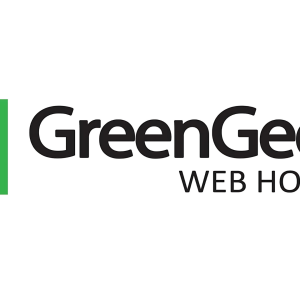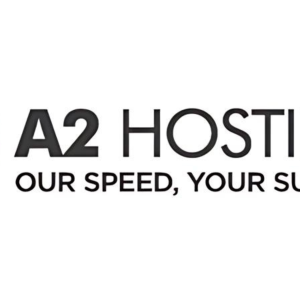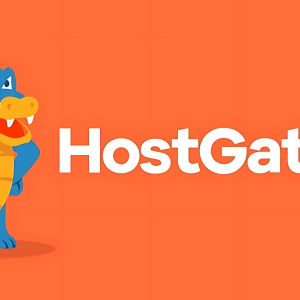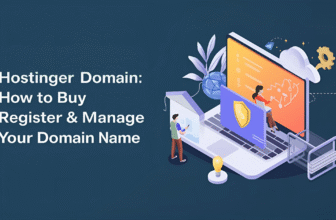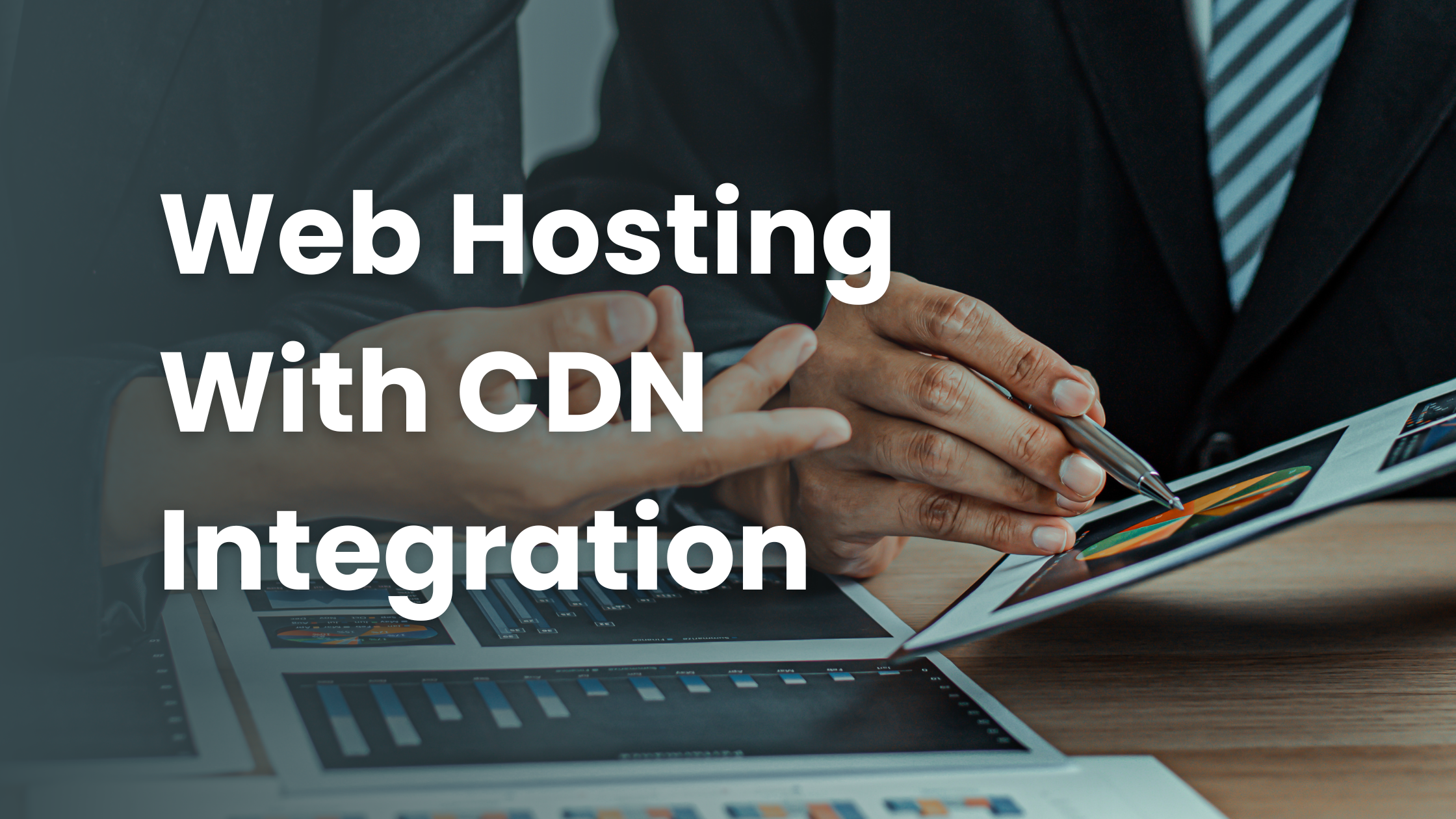
In today’s digital world, having a fast, secure, and reliable website is essential for your business or personal brand. One way to ensure this is by choosing web hosting with CDN integration. A CDN, or Content Delivery Network, is a network of servers that store copies of your website’s content and deliver them to users from the closest server, making your website load faster and perform better. In this article, we will explore what web hosting with CDN integration is, how it works, its benefits, and how to choose the best one for your needs.
What is Web Hosting with CDN Integration?
Web hosting with CDN integration refers to a hosting service that includes the use of a Content Delivery Network (CDN) as part of the hosting package. A CDN is a distributed network of servers that work together to deliver content to users based on their geographical location. By using a CDN, your website’s static content (such as images, videos, CSS, and JavaScript files) is cached on multiple servers worldwide, allowing visitors to access your site faster. This reduces load times and improves user experience.
How Does CDN Integration Work?
When a visitor accesses your website, the CDN selects the server that is closest to the user’s location. This reduces the time it takes for the content to travel across the internet and reach the user, ultimately speeding up page load times. CDNs store copies of your website’s content at various locations, and if one server is down or experiencing heavy traffic, another can step in to deliver the content, ensuring that your site remains accessible at all times.
Benefits of Web Hosting with CDN Integration
- Faster Load Times: A CDN speeds up website loading by serving content from the nearest server to the user.
- Better Performance: With CDN integration, websites experience improved performance and uptime.
- Scalability: CDNs can handle high volumes of traffic, making it easier for your website to scale.
- Security: CDNs provide extra layers of security by mitigating DDoS attacks and preventing malicious traffic from reaching your site.
- Improved SEO: Faster websites lead to better user experience, and search engines like Google reward this with higher rankings.
How to Choose the Best Web Hosting with CDN Integration?
When choosing web hosting with CDN integration, it’s essential to consider the following factors:
- Price: CDN integration often comes at an additional cost. Some hosting providers include it for free, while others charge separately. Compare different hosting plans and their CDN pricing to choose the one that fits your budget.
- Ease of Integration: Look for a hosting provider that offers easy integration with popular CDN providers like Cloudflare, Akamai, or AWS CloudFront.
- Customer Support: Good customer support is crucial in case any issues arise with your CDN or hosting service.
- Performance: Opt for hosting providers known for high uptime and fast speeds, as they will ensure that the CDN performs optimally.
Top Web Hosting Providers with CDN Integration
Here are some of the best hosting providers that offer CDN integration:
- GreenGeeks: GreenGeeks is a leading eco-friendly web hosting provider that seamlessly integrates with Cloudflare CDN to enhance website speed and reliability. Known for its commitment to sustainability, GreenGeeks pairs high-performance hosting solutions with a focus on reducing carbon footprints. With features like free CDN integration, robust security measures, and 24/7 customer support, GreenGeeks ensures that your website is not only fast and secure but also environmentally responsible.
- 🌿 Eco-Friendly Hosting: Partner with GreenGeeks for renewable energy hosting solutions.
- ⚡ Top-Notch Performance: Lightning-fast websites with eco-conscious technology.
- 🔒 Robust Security: Secure your site while preserving the environment with GreenGeeks.
- 🌐 Exceptional Support: 24/7 assistance for a smooth, eco-friendly hosting experience.
- 💡 Scalable Solutions: Grow sustainably with GreenGeeks’ scalable hosting plans.
- 📈 Proven Reliability: Join 600,000+ websites hosted on eco-friendly servers.
- 💻 Variety of Plans: Choose from web, WordPress, VPS, reseller, and dedicated hosting options.
- 🌍 Global Reach: Trusted worldwide for eco-friendly and reliable hosting services.
- A2 Hosting: A2 Hosting provides fast and secure hosting with integrated CDN options, including Cloudflare. It’s ideal for websites that need high-speed performance.
- Lightning-Fast Speed: 20x faster Turbo Servers for optimal performance.
- Reliable Uptime: 99.9% uptime guarantee ensures your site is always online.
- 24/7/365 Support: Guru Crew support available anytime you need assistance.
- Eco-Friendly: Committed to green hosting with carbon offsets.
- Versatile Plans: Offers shared, VPS, and dedicated hosting plans.
- Secure Hosting: Free SSL certificates and robust security features.
- Developer-Friendly: Supports multiple programming languages and free site migrations.
- Bluehost: Bluehost offers affordable web hosting with CDN integration, making it a great choice for small to medium-sized businesses.
- Leading web hosting provider since 2003
- 99.99% uptime guarantee and high performance
- Easy-to-use dashboard and one-click WordPress installation
- 24/7 customer support via phone, chat, and email
- Free SSL certificates and advanced security features
- Affordable plans for every budget
- Trusted by over 2 million websites worldwide
- Real customer testimonials praising reliability and support
- HostGator: HostGator provides a reliable hosting service with free CDN integration, ensuring fast delivery of content globally.
- Leading web hosting provider since 2002
- 99.9% uptime guarantee for reliability
- Competitive pricing and 45-day money-back guarantee
- 24/7/365 customer support
- User-friendly cPanel for easy management
- Scalable plans for all business needs
- Real customer testimonials
- Hosting plans: Shared, VPS, Dedicated, and WordPress
- Additional services: Website Builder, Domain Registration, SSL Certificates, Email Hosting
Pricing of Web Hosting with CDN Integration
The cost of web hosting with CDN integration can vary depending on the provider and the plan you choose. Some hosting providers include CDN integration as part of their hosting package, while others charge a separate fee. Here is an overview of the pricing:
- Greengeeks: Hosting plans with CDN integration start at $1.95/month.
- A2 Hosting: Pricing starts at $2.99/month, with CDN integration available for an additional cost.
- Bluehost: Bluehost offers CDN integration starting at $2.95/month.
- HostGator: Hosting plans with CDN start at $2.75/month.
As you can see, web hosting with CDN integration is available at various price points, depending on the features and services you need.
Where to Buy Web Hosting with CDN Integration
You can purchase web hosting with CDN integration directly from the hosting provider’s website. Be sure to compare plans and features to find the best deal for your needs. You may also want to check if there are any discounts or promotions available for first-time customers.
In conclusion, web hosting with CDN integration is a must-have for websites looking to improve speed, performance, and security. With the right hosting provider, you can ensure a seamless experience for your website visitors and boost your online presence. Choose a provider that offers a reliable CDN service, easy integration, and excellent customer support to get the most out of your hosting plan.
FAQs – Web Hosting with CDN Integration
1. What types of websites benefit the most from CDN integration?
Websites with high traffic, global audiences, or heavy content like images, videos, and downloadable files benefit significantly from CDN integration. This includes:
- E-commerce websites: Faster loading speeds improve conversions.
- Media-heavy sites: Blogs, news portals, and streaming services often require smooth delivery of large media files.
- SaaS platforms: Ensure a seamless user experience for global customers.
- Educational platforms: With geographically dispersed users, fast content delivery is crucial.
2. Does every web hosting plan come with CDN integration?
Not all web hosting plans include CDN integration. While some hosting providers offer free CDN services as part of their plans, others charge an additional fee. Always review the plan details to confirm whether CDN integration is included or if it requires a separate subscription.
3. Can a CDN improve the performance of dynamic content?
CDNs primarily cache and serve static content, such as images, CSS, and JavaScript. However, they can also optimize dynamic content delivery by reducing latency through features like edge computing or dynamic content acceleration, depending on the CDN provider. This ensures faster delivery of frequently changing elements, such as personalized user dashboards.
4. What are the common security features provided by CDNs?
CDNs enhance website security with features like:
- DDoS Protection: They absorb and mitigate malicious traffic.
- SSL/TLS Encryption: Ensures secure data transmission between servers and users.
- Web Application Firewalls (WAF): Block malicious requests targeting your website.
- Bot Management: Prevents harmful bots from scraping content or overwhelming servers.
5. How does CDN integration impact SEO rankings?
Faster-loading websites rank higher on search engines due to improved user experience. CDNs reduce load times and boost website responsiveness, key factors for SEO. Additionally, secure websites using CDN-enhanced SSL/TLS encryption are favored by search engines.
6. Can a CDN support websites with localized content?
Yes, a CDN can support localized content through geo-targeting and geo-fencing capabilities. This allows the delivery of region-specific content, ensuring a personalized experience for users in different geographical locations.
7. How do I know if my website needs a CDN?
Consider a CDN if your website:
- Receives traffic from multiple geographical locations.
- Faces latency or slow load times for international visitors.
- Experiences frequent spikes in traffic.
- Hosts large files like images, videos, or downloads.
Small, local websites with minimal traffic may not immediately require a CDN but could benefit as they scale.
8. What are the differences between popular CDN providers?
Here’s a brief comparison of top CDN providers:
- Cloudflare: Offers free and paid plans with DDoS protection and a user-friendly interface.
- Akamai: Known for enterprise-grade solutions and advanced security features.
- AWS CloudFront: Best for scalability and integration with other Amazon services.
- Fastly: Ideal for developers needing real-time performance monitoring.
- KeyCDN: Budget-friendly with pay-as-you-go pricing.
Your choice depends on your website’s needs and budget.
9. Are there any disadvantages of using a CDN?
While CDNs have numerous benefits, there are a few potential drawbacks:
- Cost: Premium CDN services can be expensive for small websites.
- Setup complexity: Some integrations may require technical expertise.
- Caching issues: Updates to your site might take time to reflect due to caching.
- Dependency: If the CDN experiences downtime, your site could be affected.
However, these drawbacks are often outweighed by the performance and security benefits.
10. Can I switch CDN providers if I’m not satisfied?
Yes, you can switch CDN providers, but it requires some planning:
- Evaluate compatibility: Ensure the new CDN is compatible with your hosting setup.
- Transfer configurations: Migrate settings such as DNS records, SSL certificates, and caching rules.
- Minimize downtime: Schedule the switch during low-traffic periods and test extensively.
Many CDN providers offer tools to ease the migration process.
11. How can I test if my CDN integration is effective?
To ensure your CDN is working as expected, use tools like:
- Pingdom: Measure website load times from various global locations.
- Google PageSpeed Insights: Assess page speed improvements and optimization suggestions.
- WebPageTest: Analyze detailed performance metrics, including CDN usage.
- Traceroute tools: Track how requests are routed through the CDN.
These tools help validate the performance benefits and identify areas for improvement.
12. Is it possible to use multiple CDNs simultaneously?
Yes, using multiple CDNs can improve redundancy and performance, especially for large-scale websites. This approach, called multi-CDN architecture, distributes traffic among different CDNs, ensuring:
- Higher availability: Minimizes downtime if one CDN faces issues.
- Load balancing: Prevents overloading of a single network.
- Global optimization: Leverages the strengths of each CDN in specific regions.
While beneficial, multi-CDN setups require careful management to avoid configuration conflicts.
13. Can CDN integration help during a traffic spike?
Absolutely. CDNs handle traffic spikes effectively by distributing the load across multiple servers. This prevents your origin server from being overwhelmed, ensuring uninterrupted performance even during promotional events, sales, or viral content surges.
14. How do I ensure compatibility between my hosting provider and CDN?
To ensure smooth integration, check:
- Hosting provider compatibility: Confirm that your hosting plan supports the chosen CDN.
- CDN setup guides: Most CDNs provide step-by-step guides for popular hosting platforms.
- Support availability: Choose providers offering robust customer support for troubleshooting.
Opt for hosting services with pre-integrated CDN options to simplify the process.
15. What future trends are shaping CDN technology?
CDN technology continues to evolve with trends like:
- Edge computing: Bringing computation closer to users for faster processing.
- AI integration: Enhancing traffic management and predictive caching.
- 5G networks: Enabling ultra-low latency and high-speed content delivery.
- Zero Trust security models: Strengthening defense against sophisticated cyber threats.
Staying updated with these advancements ensures your website remains competitive and future-ready.
